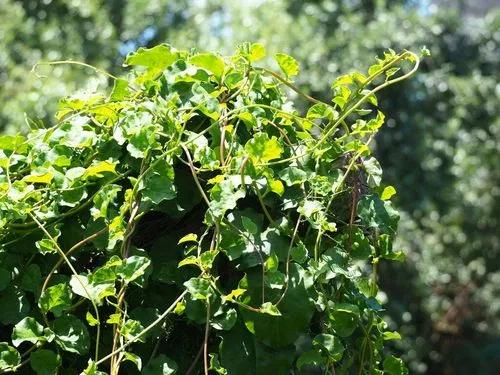Cistus albidus, the grey-leaved cistus, is a shrubby species of flowering plant in the family Cistaceae, with pink to purple flowers, native to south-western Europe and western north Africa.
White-leaved Rock Rose Care
Cistus Albidus



How to Care for the Plant

Water

Water regularly.

Pruning

While you cannot prune cistus you can pinch back the new growth after flowering to make the plants more bushy.

Fertilizer

They prefer Alkaline soil but will survive on acid soil providing the other conditions are good. Most grow to around 1m and are generally hardy to H3/H4 but most important is good drainage otherwise Cistus will not survive a winter well.

Sunlight

Roses thrive on direct sunlight. For best results, a minimum of four hours of direct sunlight is recommended. However, even when planted against a north wall (meaning no direct sunlight) roses can still perform well.

Soil

Roses need good drainage and a rich, moisture-retentive soil, with a pH between 6.5 and 7. If your soil is heavy and wet, you may want to consider planting your roses in raised beds. Compost should be added to create a loose texture with a high organic content.

Temperature

Ideally, your roses should be kept in an environment between 60 and 70 degrees Fahrenheit. As winter approaches, it's important to keep in mind that container roses are more susceptible to colder weather than ground plants.

Popularity

233 people already have this plant 66 people have added this plant to their wishlists
Discover more plants with the list below
Popular articles






